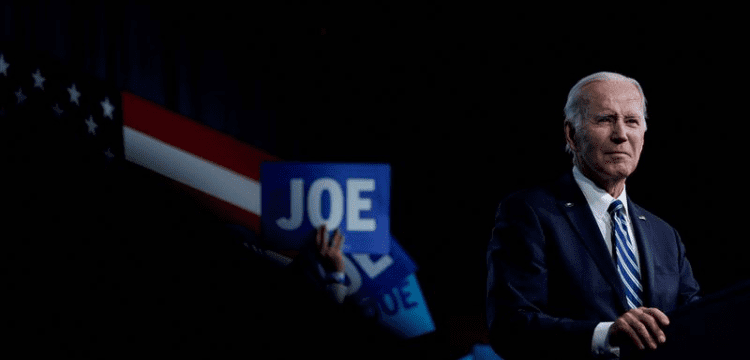[vc_row][vc_column][vc_column_text dp_text_size=”size-4″]The administration of US President Joe Biden presented on Thursday a long-awaited revision to the country’s arms export regulations that places a stronger emphasis on human rights, reversing a Trump-era strategy that prioritised business interests.
According to Reuters, the new Commercial Arms Transfer (CAT) policy, which is regulated by the State Department, the Defense Department, and the Commerce Department, examines security assistance, government-to-government weapons transfers, and licenced commercial sales of US-origin military goods and services, including commonly available firearms in the US.
As the administration strikes a balance between the business interests of exporters like Lockheed Martin Co.
and Raytheon Technologies and the nation’s declared commitment to human rights, defence corporations and activists closely examine such policies for clues about the administration’s stance.
According to State Department officials, one change is how the CAT policy considers the likelihood that weapons from the United States could be used for serious human rights violations.
The State Department will not accept a weapons transfer under the new policy if it determines that the weapons will “more likely than not” be used to commit or enable genocide, crimes against humanity, violations of the Geneva Conventions, or other major transgressions of international law.
Such transfers would not be permitted, according to previous CAT policy, unless Washington had “real knowledge” that the weapons would be used for such purposes.
One official stated, “We are looking at a policy of prevention where there is a possibility of human rights violation.”
If after deals are publicised there is evidence of rights abuses, the policy also permits cancellation of the deals. The officials will not say which nations or earlier agreements the new approach would have an impact on.[/vc_column_text][/vc_column][/vc_row]











